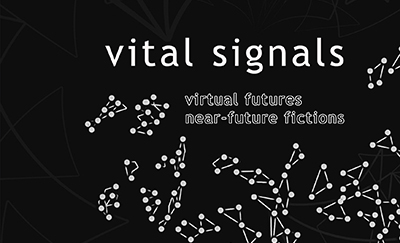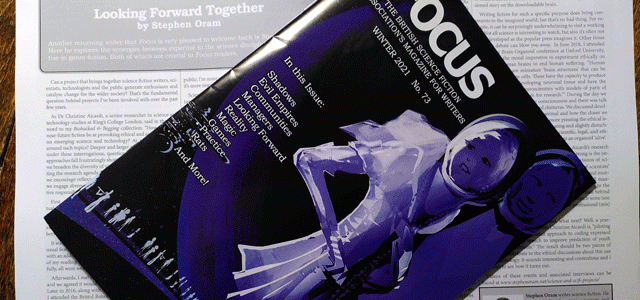Haptic Father – recently published by Necessary Fiction
Haptic Father


Haptic Father – recently published by Necessary Fiction

New anthology, Vital Signals, available for pre-order from NewCon Press

exploring the synergies between expertise in the science disciplines and expertise in genre fiction